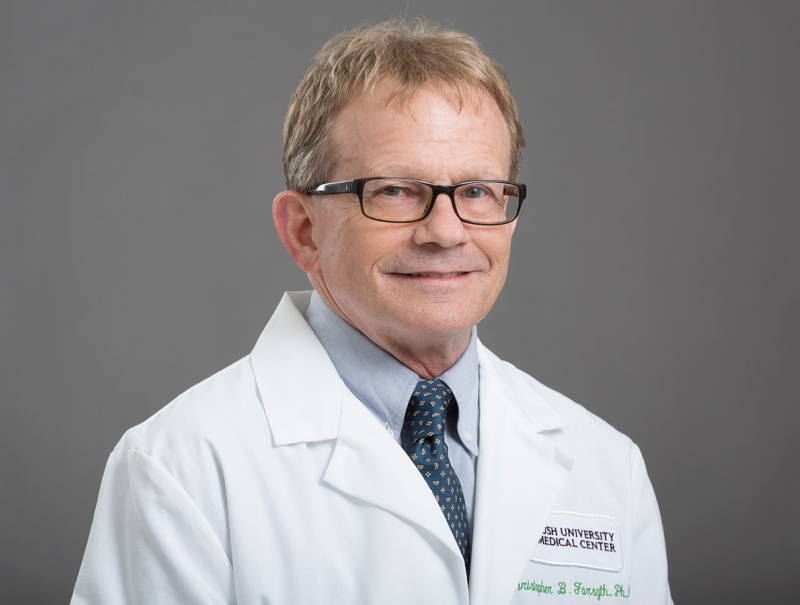Professor, Department of Internal Medicine, Section of Gastroenterology

Rush Medical College
Professor, Department of Internal Medicine, Section of Gastroenterology
Professor, Department of Anatomy and Cell Biology, RUSH Medical College
Professor, Graduate College
Professor of Precision Medicine
Director of Basic Research, Division of Digestive Diseases and Nutrition, Department of Internal Medicine
Director of Training and Mentoring, RUSH Center for Integrated Microbiome and Chronobiology Research
